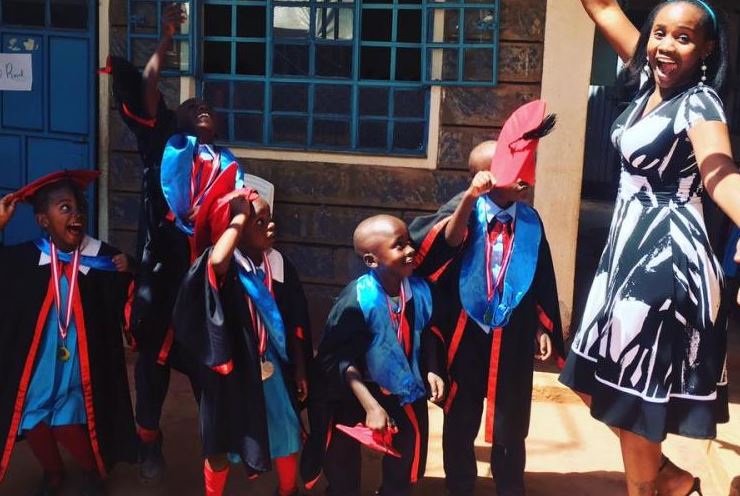×
The Standard e-Paper
Stay Informed, Even Offline

More than 21,000 children have been released from charitable homes in an attempt to mitigate the risk of Covid-19.
This makes close to half the population of minors who were being hosted in children's homes.